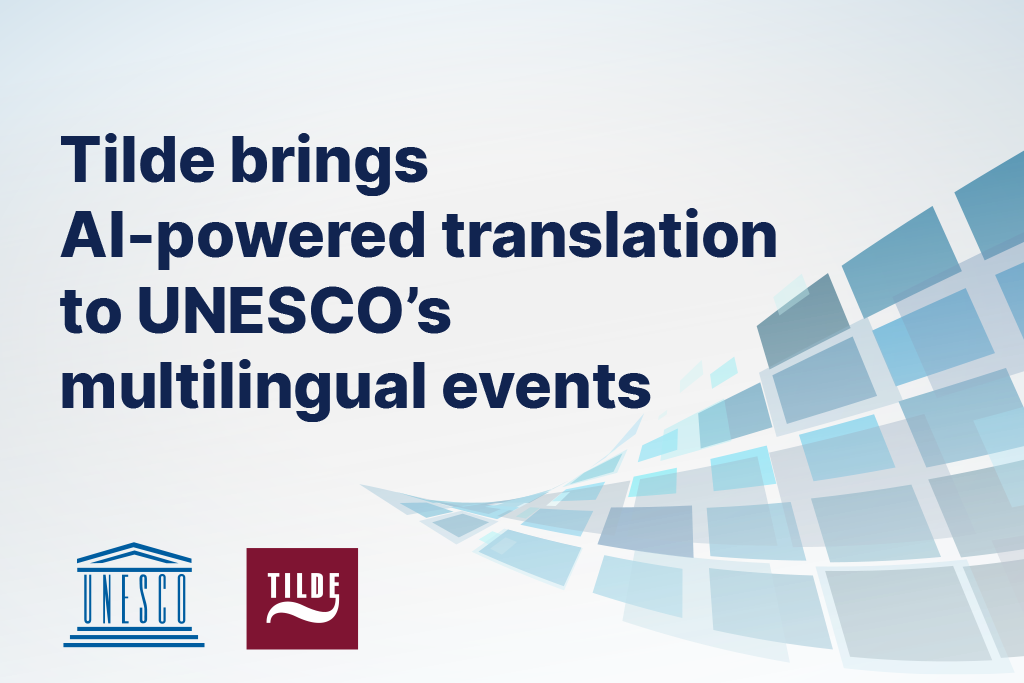Trumpa sėkmės istorija
Per pirmuosius penkis mėnesius Valstybinės mokesčių inspekcijos virtualusis padėjėjas Simas atsakė į daugiau kaip 94 000 klausimų, susijusių su žemės mokesčiais, nekilnojamojo turto mokesčiais, individualia veikla ir verslo licencijomis, baudų ir subsidijų mokėjimu bendrovėms. Dirbdamas visą parą, padėjėjas susisiekė su daugiau kaip 33000 vartotojų ir jiems patarė.
Skaitmeninėje erdvėje juda ne tik Lietuvos, bet ir valstybinės įmonės bei viešųjų paslaugų teikėjai. Pagal skaitmeninį viešųjų paslaugų indeksą, kuris viršija ES vidurkį, Europoje jos užima šeštą vietą. Vis daugiau viešojo sektoriaus įmonių Lietuvoje naudoja dirbtinio intelekto technologijomis grindžiamus skaitmeninius sprendimus. Vienas iš tokių sprendimų yra Simas, virtualus asistentas, konsultuojantis Valstybinės mokesčių inspekcijos klientus.

Norint mokyti virtualųjį asistentą, būtina suprasti klientų įpročius
Gruodžio mėn. įsteigtas virtualusis MTI padėjėjas gyventojams teikia bendrą informaciją apie žemės mokestį, nekilnojamojo turto mokestį, individualią veiklą ir verslo sertifikatus, baudų ir subsidijų mokėjimą įmonėms. Tai padeda mokesčių mokėtojams greičiau ir paprasčiau gauti bendrą informaciją visą parą, be pertraukų priešpiečiams ir nelaukiant, kol bus konsultuojamasi telefonu.
„Sukūrę virtualų padėjėją, siekėme pagerinti gyventojų konsultavimo kokybę, o tai dabar ypač svarbu karantino metu. Tai turėtų padėti piliečiams greičiau ir lengviau gauti bendrą informaciją, neribojant apklausėjų skaičiaus. „
Lina Kurlenskaitė,
MTI mokesčių informacijos departamento patarėjas
„Tikimės, kad tai padės sumažinti žmonių, laukiančių telefoninių konsultacijų, skaičių“, — sako Lina Kurlenskaitė,
Pasak Renata Špukienė, kalbos technologijų bendrovės „Tilde informacinės technologijos“, kuri įdiegė naujoves, direktorius, mokyti virtualų asistentą tinkamai atsakyti į visus klientų pateiktus klausimus nėra lengva užduotis, todėl reikia nuolat analizuoti duomenis.
„Šiuo atveju interviu robotų treneriai, kurie moko virtualų STI asistentą Simą atsakyti į klausimus, turi suprasti klientų įpročius, numatyti galimus klausimų variantus ir būdus juos užduoti, suprasti klausimų seką ir logiką ir tam tikru metu net patys tapti reikliais klientais.“
Renata Špukienė
kalbos technologijų bendrovės „Tilde informacinės technologijos“ direktorius
„tam reikia daug laiko ir pastangų. Tik tada galutinis rezultatas atitiks kliento lūkesčius ir klientai galės lengvai „kalbėtis“ su virtualiuoju asistentu „, – sako R. Špukienė.
Iššūkiai kuriant dirbtinio intelekto sprendimus
Tai taip pat palaiko L. Kurlenskaitė. Pasak MTI specialisto, norint naudotis virtualiuoju padėjėju, reikia nuolat tobulinti ir mokyti naudotis šia priemone.
„Mūsų atveju dauguma temų turi panašius raktinius žodžius, todėl didžiausias iššūkis yra išmokyti Simą atskirti, pavyzdžiui, nekilnojamojo turto mokestį nuo pajamų mokesčio už parduotą nekilnojamąjį turtą, o ne prarasti skirtingas mokesčių deklaracijas. Simas gali viską žinoti apie mokesčius, bet su kiekviena nauja tema jo mokymas tampa sudėtingesnis „, — sako L. Kurlenskaitė.
Virtualusis asistentas sutrumpina aptarnavimo laiką iki 5 minučių
R. Špukienė teigimu, virtualusis asistentas žymiai sumažina laiką, kurį darbuotojai praleidžia atsakydami į pagrindinius vartotojų klausimus. Todėl sudėtingesnėms problemoms ir klausimams spręsti galima skirti daugiau žmogiškųjų išteklių. Tinkamai apmokytas virtualusis asistentas gali sutaupyti iki 30% laiko, praleisto aptarnaujant klientus, o kai kuriais atvejais ir dar daugiau. Tačiau tam, kad plačioji visuomenė turėtų patogias ir greitas virtualaus asistento paslaugas, jos pirmiausia turi būti mokomos su jomis dirbančių viešojo sektoriaus darbuotojų.
„viešojo sektoriaus darbuotojai nagrinėja ir paprastus, ir sudėtingus gyventojų ar įmonių klausimus teikdami tiesiogines konsultacijas ar konsultuodamiesi telefonu. Gaištant laiką paprasčiausiems klausimams išspręsti, lieka neišspręstos sudėtingos problemos, į kurias žmogui reikia atsakyti laiku. „
Renata Špukienė
kalbos technologijų bendrovės „Tilde informacinės technologijos“ direktorius
„Spręsdami šią problemą stengiamės parodyti, kaip dirbtinis intelektas gali paspartinti ir pagerinti viešojo sektoriaus paslaugų teikimą ir gyventojų bei įmonių pasitenkinimą“, — sako R. Špukienė.
AI ateityje teiks bent 30% klientų paslaugų
Naudotojai jau ieško atsakymų į savo klausimus visais įmanomais kanalais, įskaitant internetą, socialinius tinklus, telefonus ir programėles. Todėl organizacijos nebegali pasikliauti vien klientų aptarnavimo profesionalų pagalba ir privalo naudoti vieno kanalo paslaugos principą.
„beveik pusė Lietuvos įmonių dalijasi informacija elektroninėmis priemonėmis; gyventojai noriai užsiima įvairia veikla internete ir tai yra idealus skaitmeninių paslaugų diegimo viešajame sektoriuje atskaitos taškas. „
Renata Špukienė
kalbos technologijų bendrovės „Tilde informacinės technologijos“ direktorius





